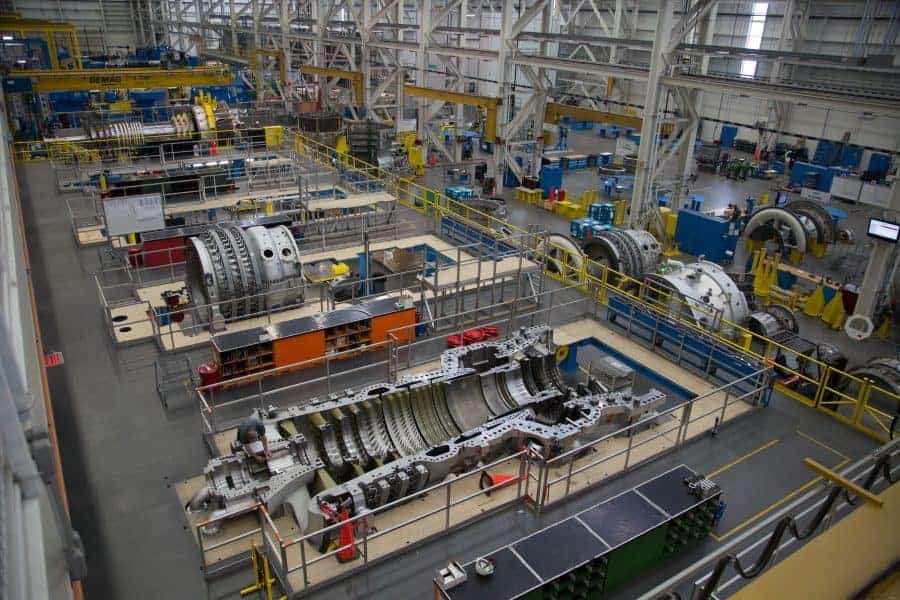Understanding the Different Types of Industrial Customers
As businesses continue to grow and expand, the need for industrial products and services also increases. Industrial customers are those who purchase goods and services for their own use in the production of other goods and services. These customers can be classified into different types based on their needs, preferences, and buying behavior. In this article, we will discuss the different types of industrial customers and their characteristics.
- Original Equipment Manufacturers (OEMs)
OEMs are companies that manufacture products for other companies to use in their own products. They are the primary customers of many industrial suppliers. OEMs require high-quality, reliable, and cost-effective components and materials to ensure the quality of their own products. They often have long-term contracts with suppliers and require customized solutions to meet their specific needs.
- Maintenance, Repair, and Operations (MRO) Customers
MRO customers are companies that purchase products and services to maintain and repair their own equipment and facilities. They require a wide range of products, including spare parts, tools, and consumables. MRO customers often have urgent needs and require fast delivery and responsive customer service.
- Government and Institutional Customers
Government and institutional customers include federal, state, and local government agencies, as well as educational and healthcare institutions. These customers have unique requirements and regulations that suppliers must comply with. They often require competitive bidding and have strict procurement processes.
- Distributors and Wholesalers
Distributors and wholesalers purchase products from manufacturers and sell them to other businesses. They require a wide range of products and often have a large customer base. Distributors and wholesalers require competitive pricing, fast delivery, and reliable customer service.
- Service Providers
Service providers are companies that provide services to other businesses, such as consulting, engineering, and maintenance services. They require specialized knowledge and expertise to meet their customers' needs. Service providers often have long-term contracts with their customers and require customized solutions.
In conclusion, understanding the different types of industrial customers is essential for suppliers to develop effective marketing strategies and meet their customers' needs. By identifying their customers' characteristics and preferences, suppliers can tailor their products and services to meet their specific requirements. Whether it's OEMs, MRO customers, government and institutional customers, distributors and wholesalers, or service providers, each type of industrial customer has unique needs and requirements that suppliers must understand and address.

Post Comment